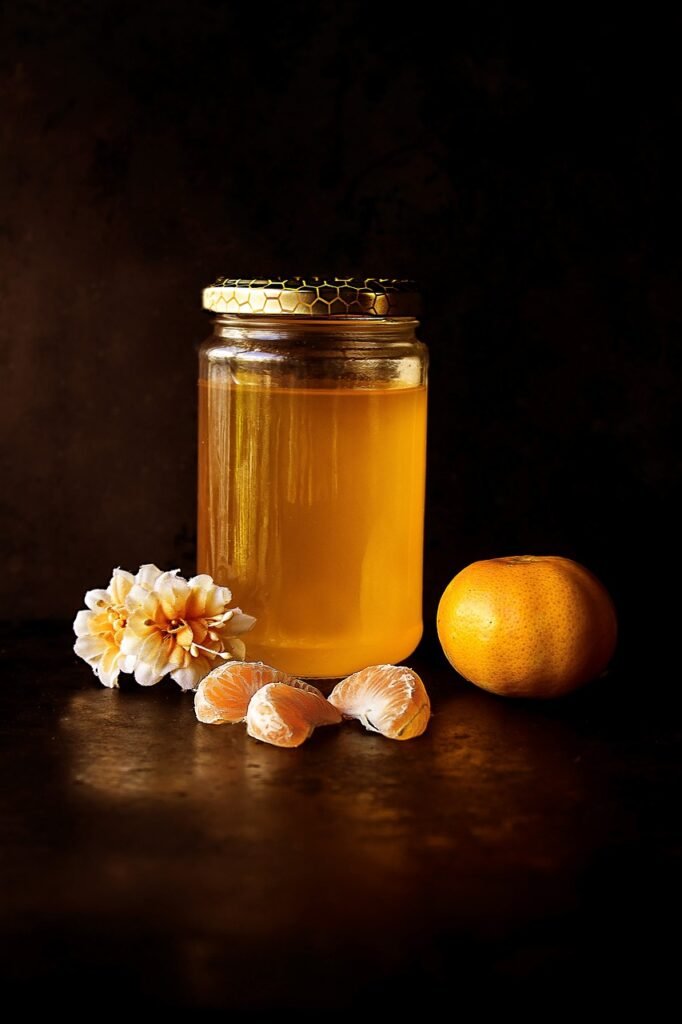Welcome to our article all about finding the perfect containers for your specific food storage needs! With a wide variety of containers available on the market, it can be overwhelming to figure out which ones are best suited for storing different types of food. From meal prepping to keeping leftovers fresh, we will explore the different features and benefits of various containers to help you make informed choices for your kitchen storage solutions. Whether you’re looking for airtight containers for preserving freshness or stackable containers for maximizing space in your refrigerator, we’ve got you covered! Stay tuned to learn how to match containers to specific food storage needs.
Finding the Perfect Containers for Your Specific Food Storage Needs
Are you tired of rummaging through your kitchen cabinets looking for the right container for your leftovers? Do you struggle with keeping your food fresh and organized? You’re not alone! Finding the perfect containers for your specific food storage needs can make a world of difference in your kitchen. Read on to discover how to match the right container to your food storage needs and make your life easier.

This image is property of pixabay.com.
Assessing Your Food Storage Needs
Before you can find the perfect containers for your specific food storage needs, it’s essential to assess what those needs are. Are you looking to store leftovers, meal prep for the week, or store dry goods like pasta and rice? By determining what types of food you need to store and how long you need to store them, you can choose the best containers for the job.
When assessing your food storage needs, consider the following factors:
- Types of food you tend to store
- Duration of storage (short-term or long-term)
- Available storage space in your kitchen
- Microwave and freezer compatibility
Understanding the Different Types of Food Containers
There are various types of food containers available on the market, each designed for different purposes. From glass containers to plastic containers and even reusable silicone bags, understanding the differences between these containers will help you choose the right ones for your specific food storage needs.
When it comes to food storage containers, here are some popular options to consider:
- Plastic containers: Affordable and lightweight, but not suitable for microwave or freezer use.
- Glass containers: Durable, microwave and freezer safe, but can be heavy and breakable.
- Silicone bags: Reusable, airtight, and versatile, but may not be suitable for all types of food.
- Mason jars: Ideal for storing dry goods, spices, and liquids, but may not be stackable for efficient storage.
Matching Containers to Your Food Storage Needs
Now that you have assessed your food storage needs and understand the different types of food containers available, it’s time to match the right containers to your specific needs. By choosing containers that are suitable for the types of food you store and the duration of storage, you can ensure that your food stays fresh and organized.
When matching containers to your food storage needs, consider the following tips:
- Use glass containers for storing leftovers and meal prep that require microwaving.
- Opt for plastic or silicone bags for storing dry goods and snacks.
- Choose airtight containers for long-term storage to prevent food spoilage.
- Label containers with the date and contents to keep track of shelf life.
Creating a Food Storage Container System
To make the most of your food storage containers and keep your kitchen organized, consider creating a food storage container system. By designating specific containers for different types of food and meal prep, you can streamline your storage process and save time when preparing meals.
Follow these steps to create a food storage container system:
- Sort your containers by size and type to easily locate the ones you need.
- Use stackable containers to maximize storage space in your cabinets and fridge.
- Keep lids and containers together to avoid mismatched sets.
- Store containers near your meal prep area for easy access when preparing food.

This image is property of pixabay.com.
Maintaining Your Food Storage Containers
To ensure that your food storage containers last a long time and remain safe for storing food, it’s essential to maintain them properly. From cleaning and sanitizing to checking for signs of wear and tear, taking care of your containers will help you get the most out of them and keep your food fresh.
Here are some tips for maintaining your food storage containers:
- Wash containers with hot, soapy water after each use to prevent bacteria growth.
- Check for cracks, stains, and odors that may indicate the need for replacement.
- Avoid using containers in the microwave or freezer if they are not designed for such use.
- Store containers with lids on to prevent dust and debris from entering.
Storing Food Safely in Containers
Properly storing food in containers is crucial for maintaining freshness and preventing spoilage. Whether you’re storing leftovers, meal prep, or dry goods, following food safety guidelines will help you keep your food safe to eat and reduce the risk of foodborne illness.
When storing food in containers, keep the following tips in mind:
- Refrigerate perishable foods promptly to prevent bacterial growth.
- Use airtight containers for storing moist or liquid foods to prevent leaks.
- Keep raw meats separate from ready-to-eat foods to avoid cross-contamination.
- Label containers with the date and contents to ensure proper rotation of food.
Choosing the Right Containers for Specific Foods
Different types of food require different storage conditions to stay fresh and safe to eat. By choosing the right containers for specific foods, you can prolong their shelf life and preserve their quality. From storing fruits and vegetables to cooked meats and dairy products, selecting the appropriate containers is key to successful food storage.
Here are some tips for choosing the right containers for specific foods:
- Use airtight containers for storing fruits and vegetables to maintain freshness.
- Opt for glass containers for acidic foods like tomatoes and citrus fruits to prevent chemical reactions.
- Store dairy products like cheese and yogurt in airtight containers to prevent odors from spreading.
- Separate raw meats from other foods in leak-proof containers to avoid cross-contamination.
Tips for Storing Leftovers
Leftovers are a convenient way to enjoy home-cooked meals without the hassle of cooking every day. By storing leftovers properly in containers, you can extend their shelf life and reduce food waste. With the right containers and storage methods, you can enjoy delicious leftovers for days to come.
Follow these tips for storing leftovers in containers:
- Allow leftovers to cool before transferring them to containers to prevent condensation.
- Use glass or ceramic containers for reheating leftovers in the microwave or oven.
- Store leftovers in portion-sized containers to make reheating and serving easier.
- Label containers with the date and contents to track freshness and avoid confusion.

This image is property of pixabay.com.
Conclusion
Finding the perfect containers for your specific food storage needs doesn’t have to be a daunting task. By assessing your food storage needs, understanding the different types of food containers available, and matching containers to your specific needs, you can organize your kitchen and keep your food fresh and tasty. Follow these tips for maintaining your food storage containers, storing food safely, and choosing the right containers for specific foods to make meal prep and storage a breeze. With the right containers in hand, you’ll never have to struggle with finding the perfect container for your food again.
